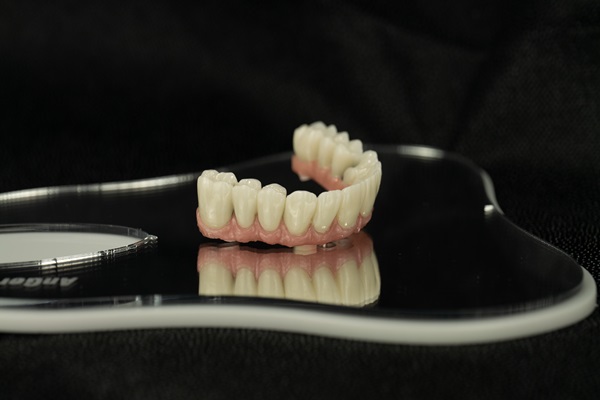 Root canal treatment has a bad reputation, one that can be traced back to a single erroneous research report from the 1920s. At the time, a major dental publication released a report claiming that root canal operations cause disease, arthritis, and other problems. The dentist advised that teeth should be extracted and that root canals should be avoided at all costs. Dentists eventually questioned the findings, and it was entirely rejected in the 1950s. However, myths about root canals and the fear of them persist today.
Root canal treatment has a bad reputation, one that can be traced back to a single erroneous research report from the 1920s. At the time, a major dental publication released a report claiming that root canal operations cause disease, arthritis, and other problems. The dentist advised that teeth should be extracted and that root canals should be avoided at all costs. Dentists eventually questioned the findings, and it was entirely rejected in the 1950s. However, myths about root canals and the fear of them persist today.
Root canal myths
The fact remains that root canal treatments are intended to be beneficial and not harmful, so it is important not to panic if the dentist recommends the procedure. Root canal therapy eliminates bacteria from an infected root canal, preventing the tooth from becoming infected again. During the process, the dentist removes any inflamed or diseased pulp from the tooth’s root, cleans and disinfects it, and then fills and seals it. The following are common root canal myths and the truths about them.
Myth: Root canals are often excruciatingly painful
The first thing that springs to mind when people think of root canals is pain. The fact is that root canal therapy itself is painless. The pain comes from the infection inside the tooth. Root canal therapy is effective in relieving the discomfort produced by an infected tooth. Before starting the procedure, the dentist will numb the tooth and the surrounding area by administering a local anesthetic.
With modern technology and techniques, patients often describe the process as no worse than getting a filling. While it is true that one might experience discomfort after the procedure, the dental professional will recommend anti-inflammatory meds or other pain relievers for pain management.
Myth: Pain should disappear immediately after the treatment
Another common misconception is immediate pain alleviation following this treatment, and this is occasionally the case. However, while the discomfort will decrease significantly, patients may experience minimal discomfort from a few days to a few weeks. It is sometimes painful to chew on the tooth for a week or two. The use of over-the-counter pain medications can assist with this.
Patients should only chew lightly on the treated tooth until any discomfort has subsided. The cause of the lingering pain is that the ligament that holds the tooth to the bone (periodontal ligament) may be inflamed following the treatment, which takes time to heal.
Myth: A root canal is preferable to an extraction
Although extraction is less expensive and time-consuming than a root canal, it is not regarded as superior in most cases. A correctly done root canal can extend the life of a repaired tooth. Tooth extraction may cause the surrounding teeth to shift gradually into the empty area, causing problems with bite alignment.
Furthermore, if a lower tooth is extracted, the opposite tooth will frequently migrate downward due to gravity. Dental misalignment might cause jaw (temporomandibular joint) pain. The cost of a root canal is also significantly cheaper than the cost of a dental implant. The dentist will thoroughly examine the patient’s unique circumstances and determine the best treatment option.
In conclusion
When handled by an experienced dentist, root canal treatment has a high success rate. To learn more about the treatment, schedule a dental appointment.
Request an appointment or call Hemet Dental Center: Brian Stiewel DDS, INC. at 951-707-4366 for an appointment in our Hemet office.
Recent Posts
Root canal treatment might be recommended if you have a damaged, decayed, or infected tooth. The procedure is usually recommended when the damage to a tooth leaves its pulp chamber compromised. This is the sealed-off, innermost layer of a tooth that houses its blood vessels and nerves. The pulp chamber of a tooth being opened…
Decaying teeth do not ever stop decaying without treatment. A root canal treatment becomes necessary to save the tooth, especially as an infected tooth can lead to significant pain. Treatment is painless. The only discomfort you will feel is at the end after the dentist finishes the treatment.From local anesthesia to dental dams, it is…
Root canal treatment is often the last course of action to save teeth that have been severely damaged or infected. A tooth might become damaged due to trauma to the face or tooth decay destroying its structures.The procedure has a bad reputation as one of the most painful treatments performed by dentists, but patients usually…


